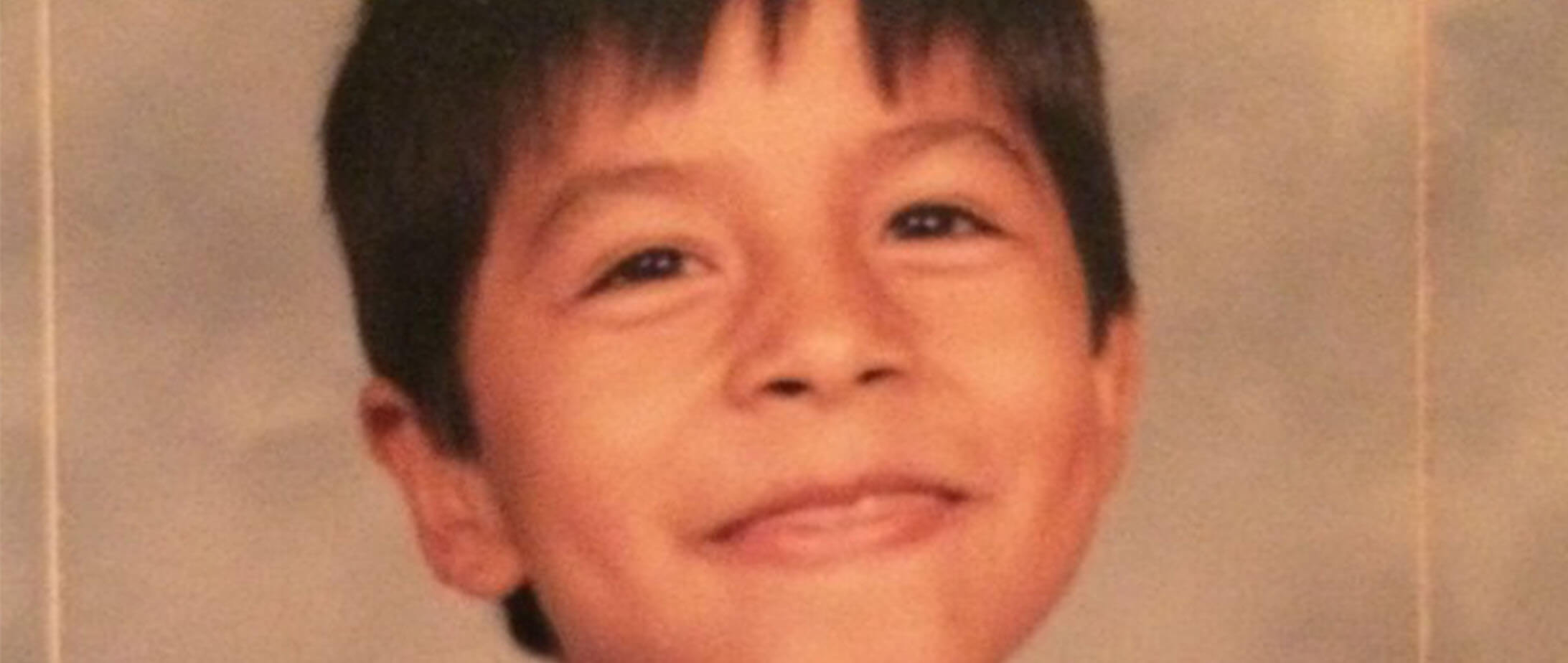Six years. That’s how long I have been out as a proud gay man. But 23 years is how long I have been an undocumented immigrant in the United States of America. My name is Jesus Chavez, I am 25 years old, and I am an undocuqueer.
As an undocumented and queer person of color, I live an undocuqueer life. I have come out as gay, and I have come out of the shadows as undocumented. These two parts of me have driven me to overcome obstacles, but also to live with anxiety and fear at the tips of my fingers.
During President Obama’s administration, we had hope. Undocumented youth, often led by those who are also LGBTQ, pushed for and won relief through a program called DACA, Deferred Action for Childhood Arrivals. This two-year renewable program provided temporary relief from deportation, and a work permit for young immigrants brought to the U.S. as children. Despite this program, the Obama administration still deported millions and separated families. This will only worsen under the Trump administration, raising even more fear in my community.
Over the past five years, since the beginning of the DACA program, I have been able to get a job, graduate college, and advance in my life. But all of that could be easily erased if the new president chooses to end the program, as he promised to do numerous times during his campaign. The goals and aspirations of almost 800,000 could be dashed away with just one executive action.
I was three years old when my parents decided to immigrate to the United States. What were their reasons… survival! We lived in an adobe home with a dirt floor, and no running water and electricity. Resources were limited, and my dad could not find work. I often think about my parents’ decision and the difficulty they faced for choosing to leave their home.
My experiences of being undocumented, gay, and carrying the weight of my parents’ aspirations have allowed me to be resilient and survive in this country — even though it often feels like many of its citizens would rather I just disappear. While I am lucky to have the support of my family when I came out, my rejection came at the hands of a government that refuses to accept that I am a citizen of this country, even if my birth certificate does not reflect that.
Being undocumented was something I had to conform to, embrace, and sometimes deny. It has complex layers that barred me from the normal parts of life many people take for granted — like driving and getting a driver’s license. For many people, finding a job can be a daunting task in itself. Now imagine working under the table, or having an employer discriminate against you for your immigration status, despite having a work permit.
On a more personal level, even dating can be tricky. You question yourself: should I tell him? Will he be accepting? Will he take advantage? Will he think I want to marry him to adjust my immigration status? Is he a citizen? Does he realize I can’t travel abroad? And so we undocuqueer people sometimes have to survive by going back into the shadows. This is the common ground that the immigrant justice movement shares with the LGBTQ movement. For many years, LGBTQ individuals hid their identity to conform to society and “feel safe.” And the sad reality is, in this administration, neither LGBTQ or undocumented immigrants are safe.
And while many people in the LGBTQ community cannot fully understand what it means to be undocumented, I want people to know that we are in this together and that hundreds of thousands of people like me are facing a significant threat. In my experience, the worst thing one can do is to dehumanize me without getting to know me; label me without understanding what “illegal” signifies, and threaten me with detention and deportation. I want people to know that Mexico is not “my country.” I haven’t been able to visit since I left as an infant. To deport me now would mean sending me to a place I don’t even know.
We may not know what is going to happen during this new administration. But we do know that as LGBTQ individuals, we are diverse. We all come from somewhere; we all have a story to share, and we all are individuals. But as individuals, we must also take the time to learn, to read, to share and grasp these stories, and avoid simple judgments hurtful to me and my undocuqueer community. We are living difficult times, but like many leaders before us, we will continue to fight and prevail to achieve justice for all.
Don't forget to share:
Help make sure LGBTQ+ stories are being told...
We can't rely on mainstream media to tell our stories. That's why we don't lock our articles behind a paywall. Will you support our mission with a contribution today?
Cancel anytime · Proudly LGBTQ+ owned and operated
Read More in Impact
The Latest on INTO
Subscribe to get a twice-weekly dose of queer news, updates, and insights from the INTO team.
in Your Inbox













